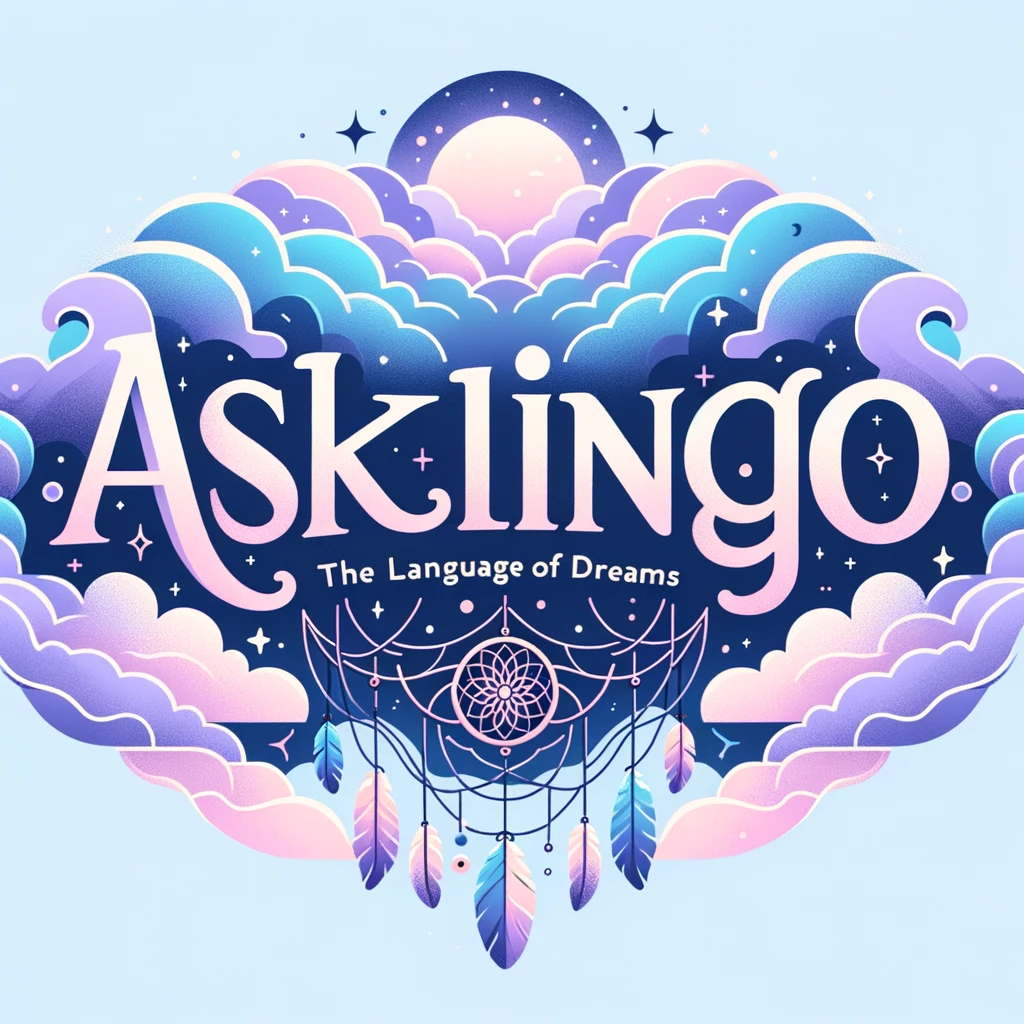Ethical Considerations in Dream Guidance
When it comes to ethical dream practices and responsible dream guidance, it is important to approach dream interpretation with professionalism and respect. As a dream analysis professional, I understand the significance of ethical approaches to dream exploration and the impact it can have on individuals’ well-being. By prioritizing ethical considerations, we can ensure that dream guidance is both meaningful and empowering for clients.
Key Takeaways:
- Ethical dream practices are crucial in dream guidance.
- Responsible dream interpretation respects the well-being of the dreamer.
- Professional dream analysis prioritizes ethical considerations.
- Ethical approaches to dream interpretation empower clients.
- Ensuring ethical guidelines protect dreamers from exploitation.
The Philosophical Debate on Dreaming
When it comes to dreaming, philosophers have engaged in a longstanding debate about the ethical implications and moral duties associated with our dream experiences. One central question in this discourse revolves around the nature of consciousness during dreams. Are our actions and decisions in dreams subject to ethical evaluation?
Some philosophers argue that dreams are conscious experiences that occur during sleep, and as such, they should be held accountable to ethical standards. They contend that our choices and behaviors in dreams have moral significance and can reflect our true selves. This perspective raises important questions about personal responsibility and the extent to which our dream actions should be held to the same ethical standards as our waking actions.
“If I am conscious of my actions and their potential consequences in my dreams, then I am morally responsible for those actions.”
The Nature of Dreaming and Consciousness
On the other hand, skeptics question the very nature of dreaming and its connection to consciousness. They argue that dreams are a product of the mind’s random firing of neural circuits during sleep, and their content lacks the coherence and intentionality necessary for moral evaluation. From this perspective, dreams are seen as a realm separate from waking life, where ethical considerations do not apply.
Furthermore, some contemporary philosophers explore the evolutionary function of dreaming. They suggest that dreams serve as a way for the brain to process emotions, memories, and experiences, providing us with insights and creative ideas. This perspective highlights the potential benefits of dreams but raises further questions about the ethical implications of manipulating or interfering with this natural process.
- Dreams are conscious experiences during sleep.
- Debate revolves around the moral evaluation of dream actions.
- Skeptics question the coherence and intentionality of dreams for moral assessment.
- Contemporary philosophers explore the evolutionary function of dreaming.

Understanding the philosophical perspectives on dreaming is crucial for developing ethical guidelines in dream exploration. It prompts us to reflect on the nature of consciousness during dreams and the extent to which our dream actions should be considered morally significant. By grappling with these questions, dream guidance professionals can navigate the complex terrain of dreams and foster a responsible and ethical approach to helping individuals understand and engage with their dream experiences.
Cultural Perspectives on Dream Boundaries
In dream guidance, understanding and respecting cultural perspectives is crucial to establish ethical boundaries. Cultural norms shape how individuals perceive and approach dreams, and this is particularly significant in collectivist cultures where family values hold great importance. In such cultures, boundaries are often blurred, and decisions are made collectively, prioritizing the well-being of the family as a whole.

When working with clients from collectivist backgrounds, dream guidance professionals must honor these cultural values and navigate the blurred boundaries effectively. Saying no or setting limits in these situations can be seen as disrespectful or selfish, potentially hindering the dream exploration process. By acknowledging and respecting the family-centric ethical considerations of these cultures, dream professionals can create a safe and supportive environment that aligns with the values of their clients.
A client-centered approach is key in addressing cultural perspectives on dream boundaries. It involves tailoring the dream guidance process to each client’s unique cultural background and needs. By adopting a flexible and inclusive approach, professionals can promote respectful and effective dream exploration while ensuring the well-being of the client. Prioritizing cultural values and honoring family-centric decision-making processes allows for a more meaningful and enriching dream guidance experience.
Workable Boundaries in Dream Guidance
When it comes to ethical dream guidance, it is crucial to establish workable boundaries that respect cultural values and promote a client-centered approach. Instead of imposing rigid guidelines, I believe in adopting a flexible and inclusive strategy that considers the unique needs and backgrounds of each dreamer. This approach ensures that clients feel empowered and supported in their dream exploration journey.
In order to respect cultural values, it is essential for dream guidance professionals to understand and appreciate the diverse perspectives that clients bring. By acknowledging the cultural context and norms, we can create a safe and inclusive space that honors the dreams and aspirations of individuals from different backgrounds. This not only builds trust but also allows for a deeper understanding of the dreams and their significance within cultural frameworks.
One way to establish workable boundaries is by prioritizing the client’s well-being while respecting their cultural values. This means being mindful of any family-centric decision-making processes that may be involved and offering guidance that aligns with the client’s cultural expectations. By doing so, we can ensure that dream exploration is a positive and enriching experience for clients, where their cultural values are acknowledged and integrated into the process.
A client-centered approach also means being open to dialogue and actively listening to the dreams and concerns of clients. By valuing their perspectives and incorporating their feedback, dream guidance professionals can create a collaborative and empowering environment that fosters personal growth and self-discovery. Ultimately, workable boundaries in dream guidance should reflect a deep respect for cultural values and a commitment to supporting clients in their dream exploration journey.
Navigating Dreams and Cultural Identity
As dream guidance professionals, we understand that clients from bicultural backgrounds may encounter unique challenges when it comes to navigating their dreams and cultural identity. Balancing individualistic cultural norms with collectivist cultural values can often provoke feelings of guilt, shame, and confusion. It is our responsibility to provide a safe and open space for these clients to explore their dreams without judgment or pressure. By recognizing and acknowledging the complex relationship between emotions, identity, and well-being within collectivist cultures, we can support diverse decision-making processes and foster a more inclusive dream guidance experience.
One key aspect of navigating dreams and cultural identity is the bicultural challenges that clients may face. These challenges arise from the clash between two distinct cultural frameworks, where expectations and values may differ greatly. It is essential to honor and respect these diverse perspectives, understanding that there is no one-size-fits-all approach. By negotiating values and embracing cultural diversity, dream guidance professionals can help clients reconcile their bicultural identities and make decisions that align with their cultural values.
Supporting diverse decision-making processes is a crucial component of dream guidance for clients with bicultural backgrounds. This involves recognizing that cultural norms and values play a significant role in shaping personal choices. As dream guidance professionals, we aim to empower clients by helping them explore alternative perspectives, challenge societal expectations, and navigate the complexities of their cultural identity. By embracing the unique challenges that bicultural individuals face, we can facilitate their journey of self-discovery, fostering a sense of belonging and cultural pride.
Prioritizing Client Values in Dream Exploration
A culturally inclusive approach to dream guidance prioritizes client values over dominant cultural norms. As dream guidance professionals, it is our responsibility to respect the cultural background of our clients and acknowledge their desire to apply their cultural values in their decision-making process. This means understanding that different cultures have unique approaches to family-centric decision making and honoring the significance of collective decision making in shaping individual aspirations.
By practicing cultural humility, we can set aside assumptions and biases and create a safe and supportive space for clients to explore their dreams. Cultural humility involves recognizing that we are not experts on our clients’ cultures and being open to learning from their perspectives. This allows us to better understand the role of family and community in our clients’ lives and how it influences their dreams and aspirations.
When engaging in dream exploration with clients from family-centric cultures, it is crucial to facilitate conversations that include the voices and opinions of their loved ones. By doing so, we can help clients navigate the complexities of their cultural values while still honoring their individual desires and aspirations. This collaborative approach fosters a sense of validation and support, allowing clients to align their dreams with their cultural values, ultimately leading to a more fulfilling and authentic dream exploration experience.
Ultimately, as dream guidance professionals, our goal is to foster cultural appreciation and embrace the diversity of perspectives that different cultures bring to the exploration of dreams. By prioritizing client culture, family-centric decision making, and practicing cultural humility, we can create a space that honors and respects the richness of cultural diversity, allowing clients to explore their dreams in a manner that aligns with their cultural values and needs.
Embracing Cultural Complexity in Dream Work
In the field of dream guidance, it is crucial to embrace the cultural complexity that clients bring to the exploration of their dreams. By appreciating and valuing diverse perspectives, dream guidance professionals can create a holistic approach that respects and celebrates cultural diversity.
Understanding cultural appreciation means recognizing the interconnectedness of emotions, identity, and well-being within a collectivist culture. By embracing this interconnectedness, dream guidance professionals can provide a safe and inclusive space for clients to explore their dreams.
Exploring diverse perspectives not only enriches the dream exploration process but also promotes cultural sensitivity. By acknowledging and respecting the unique boundaries, values, and needs of each client, dream guidance professionals can foster a more meaningful and culturally responsive experience.







